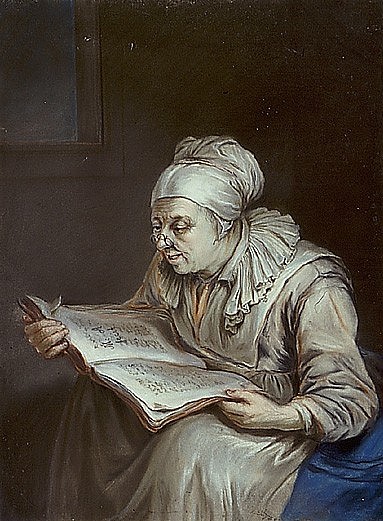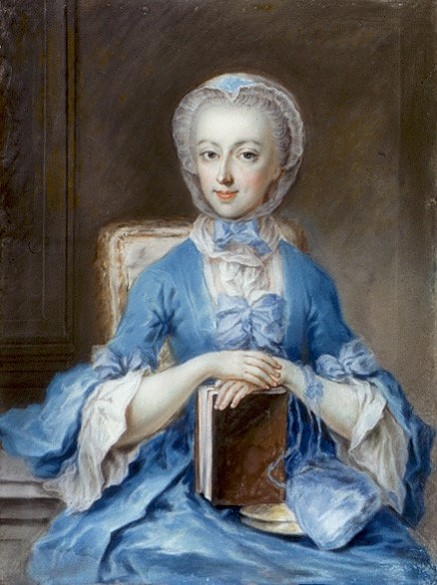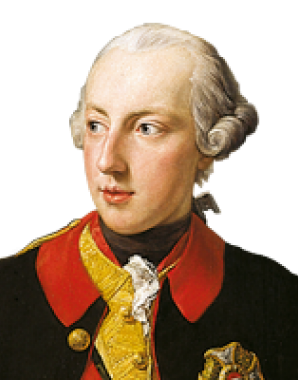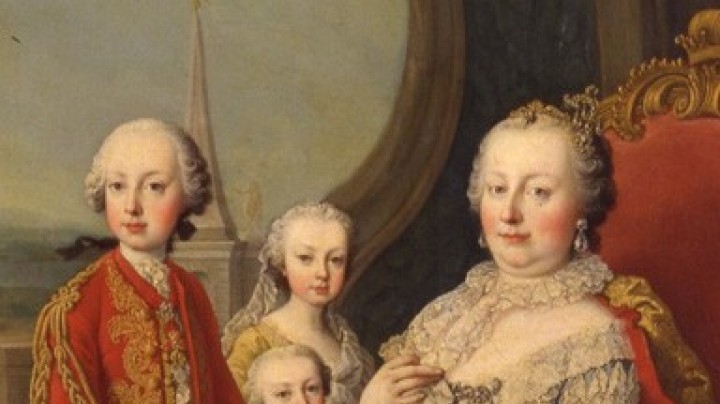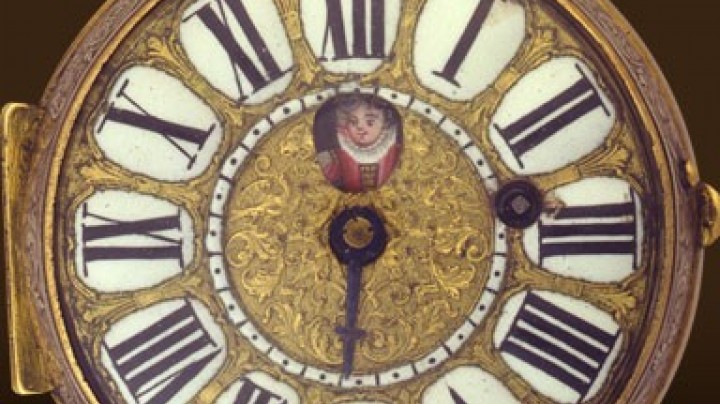Read, read, read …
Education was seen as an opportunity for social advancement. For the first time, reading for enjoyment became a widespread activity.
The reforms implemented by Maria Theresa and Joseph gave all levels of society access to education, and this in turn provided the opportunity for advancement. In particular the demand for civil servants increased as these were needed for the constantly expanding state administration. Under Joseph II university education was transformed into a utilitarian form of professional training for public servants.
In addition to the urban artisan middle class that had grown out of the old guild system there developed a new educated middle class which began to compete with the former. In addition to civil servants, the educated middle class included lawyers, engineers, journalists, professors, teachers and officers (by virtue of their training at the Maria Theresa Military Academy). Education and reading belonged to the established values of ‘enlightened’ classes of society. New works were presented in circles of literati and at salons, and lending libraries were opened in Vienna and Prague. As wares sold by pedlars, books also made their way into rural areas. One work that was particularly popular was Johann Wolfgang Goethe’s epistolary novel Die Leiden des jungen Werthers (The Sorrows of Young Werther), published in 1774, which sparked off a real ‘Werther mania’. Even Werther’s style of dress – yellow trousers, yellow waistcoat and blue jacket – became a fashion craze in many parts of Germany and in Vienna. Because a significant number of young men also emulated the suicide of the novel’s hero, there were even moves afoot to ban it.
The ‘reading revolution’ also brought many other books within the reach of broad sections of the public and also made them accessible to women. Warning voices were raised against this latter development, as it was thought that the increasing craze for reading would jeopardize state security.
